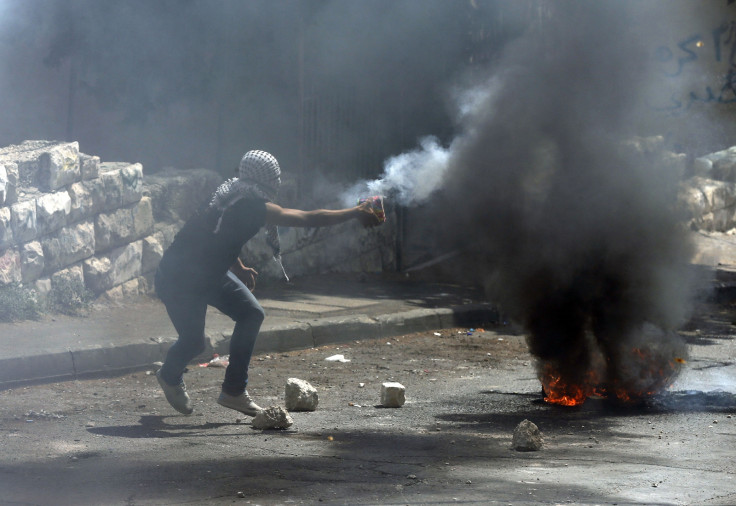Inside Israel: Jerusalem Hotels Reeling from Gaza Fighting Impact as Tourists Stay Away

The heart of West Jerusalem, among vintage record stores, photography dealers and late-opening cafes, is an ideal spot for a boutique hotel.
The Old City is an easy 10 minute stroll away, while the modern city's shops and bars are even closer. The combination seemed to be working for the Arthur, which boasted enviable occupancy rates well above the city average since it opened its doors in March 2013.
Yet, the impact of the summer's fighting in Gaza has rattled Israel's tourism industry amid concerns over the safety of travelling to the country.
"Until the last Gaza war, the occupancy was phenomenal," said Ayala Dekel, manager of the Arthur and Harmony hotels, over coffee in the Arthur's sparsely populated dining room.
"In May, we had 96% occupancy, but I had no employees, so I collected like crazy," she said to IBTimes UK.
"Then June was the same, so I collected more employees. In July, I had 47 employees with three hotel rooms occupied.
"I didn't know what to do with the employees. Three rooms because of the war. From 88%, [room take up] dropped down to 28%. It was dramatic. So then I decided, I'm going to Paris and I was sure that I would be back and everything would be over but it wasn't."
While Israel's government reached a ceasefire with the Hamas leadership on 26 August, the lukewarm truce was met with a similarly tepid increase in visitors to Ayala's hotels in September.
"[It improved] just a little with Israelis mostly, but not the same. Usually the hotel is nearly fully booked with tourists and maybe one, two or three rooms left for Israelis."
The hotels sector has been one of the industries most affected by the fighting in Gaza, as visitors cancel reservations due to concerns over safety. The country's hotel association has estimated that the economic cost of the war would reach $500m (£307m, €394m) during the third quarter alone.
More than 2,220 Palestinians, the vast majority of them civilians, were killed during 50 days of relentless destruction. Israel's army lost 66 soldiers in the violence, while seven civilians were killed.
Israel launched the war amid heightened tensions over the killing of three Jewish teenagers in the occupied West Bank. The news of the teenagers' deaths, for which the Israeli government blamed Hamas, led to a revenge-style killing of a Palestinian teenager in Jerusalem.
In the wake of the murders, militants from Hamas and other groups began firing rockets into Israel, which prompted the Israeli government to launch an offensive into Gaza. As well as responding to the rocket fire, the Israeli government said it would destroy the tunnel network under Gaza.
While the country's tourism indsutry has recovered from previous wars within a few months, Ayala is unconvinced that a recovery is really underway at the moment.
"After a war, there's a huge flourish. I expected it to be like that this time but it's not, because it's not finished yet, it's still political," she told IBTimes UK.
"September is very low, October the same and we had so many cancellations for November," she said. "Usually now, we stop selling the Christmas time because we were booked.I believe that tourism is back the way it was not before April."
For more, don't forget to check out IBTimes UK's business page for the latest on-the-ground updates from Israel.
© Copyright IBTimes 2025. All rights reserved.






















